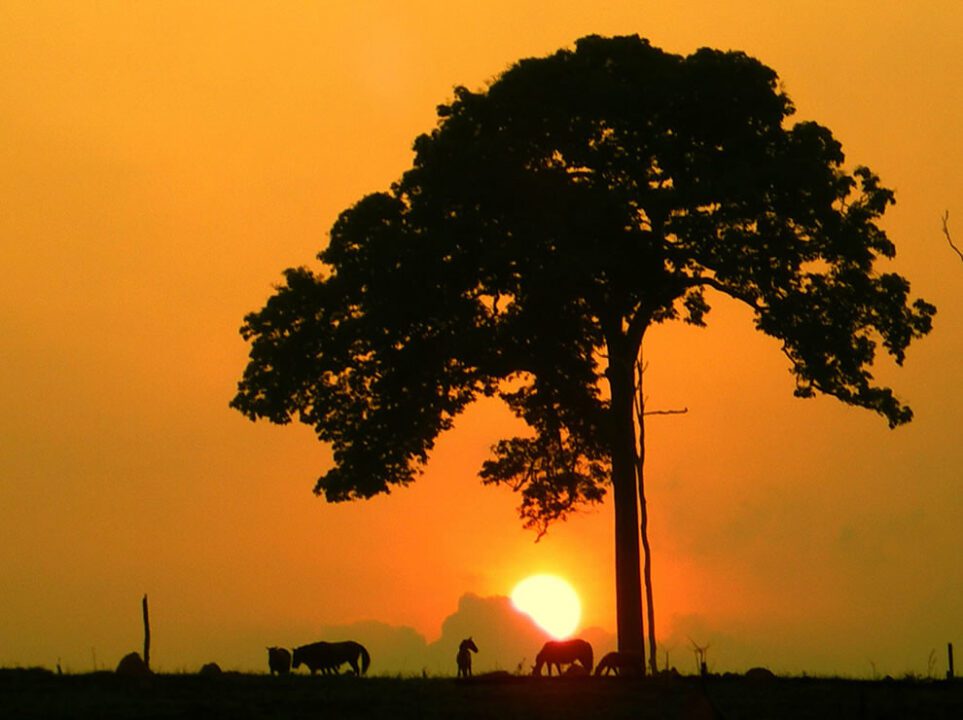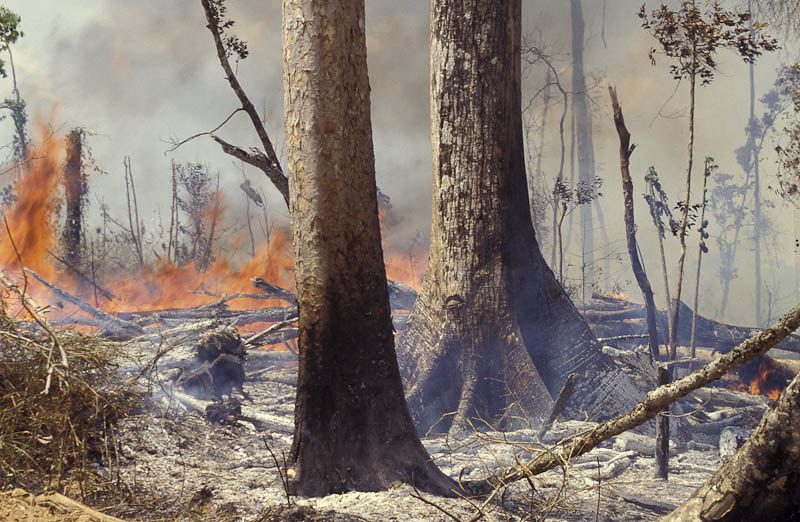When we think of the magnificent biodiversity found in the heart of the Amazon, the first thing that often comes to mind is the lush, vibrant trees in the Amazon Rainforest. Not only are these towering giants a sight to behold, but they also play a critical role in maintaining ecological balance, supporting countless species, and even impacting global weather patterns. In this article, we will delve deeper into the enchanting world of Amazonian trees, exploring their types, numbers, and vital functions.
How Many Trees Are in the Amazon Rainforest?
One often wonders, just how many trees are in the Amazon Rainforest? Recent estimations suggest that there are over 390 billion individual trees in this vast sacred forest! That’s more than 16,000 different species, making it one of the most diverse ecosystems on the planet. These trees vary not only in size and shape but also in their ability to adapt to the unique environmental conditions of the rainforest.
The sheer number of trees in the Amazon isn’t just a statistic; it’s a testament to the resilience and adaptability of life. Imagine a forest so thick with trees that it plays a crucial role in producing 20% of the world’s oxygen. Yes, that’s right—those magnificent trees work tirelessly to filter carbon dioxide and release oxygen, making the Amazon essential for our planet’s health.
Types of Trees in the Amazon Rainforest
The Amazon Rainforest is home to an astounding variety of tree species, each contributing to the unique ecology of the region. Some of the most notable types include:

- Brazil Nut Tree (Bertholletia excelsa): Renowned for its large, nutritious seeds, this tree can grow up to 50 meters tall and plays a vital role in the diet of various wildlife, including agoutis, which help in spreading its seeds.
- Kapok Tree (Ceiba pentandra): Known for its massive trunk and beautiful flowers, the kapok tree can reach heights of up to 70 meters. Its hollows provide homes for a variety of birds and mammals.
- Mahogany (Swietenia macrophylla): Highly valued for its beautiful wood, mahogany trees can grow over 60 meters tall and are crucial to the forest’s ecological balance.
- Rubber Tree (Hevea brasiliensis): The source of natural rubber, these trees are vital to both the ecosystem and the economy, providing livelihoods for many local communities.
Each of these trees is unique, serving specific roles that go beyond just their beauty. For instance, the Brazil Nut Tree supports entire ecosystems by providing food for animals, whereas the Kapok Tree’s seeds are spread by wind, contributing to the forest’s regeneration. Understanding these types of trees helps us appreciate the complexity and interdependence of life within the Amazon Rainforest.
The Number of Trees in the Amazon Rainforest
The staggering number of trees in the Amazon Rainforest, estimated at over 390 billion, raises intriguing questions about the future of this essential ecosystem. With deforestation and climate change posing significant threats, it’s vital to consider how these numbers impact biodiversity and ecological stability.

The vast number of trees also plays a significant role in carbon sequestration, helping to mitigate global warming. The Amazon absorbs approximately 1.1 billion tons of carbon dioxide each year. This ability is primarily due to the density and diversity of trees within the rainforest. However, ongoing deforestation activities threaten this capacity, making it crucial for us to protect this natural treasure.
Trees Found in the Amazon Rainforest
While the Amazon is home to a diverse range of trees, some species stand out due to their prominence or ecological importance. Trees like the giant Brazil nut and the towering kapok are not just beautiful; they provide essential services to the rainforest ecosystem, from offering sustenance to animals to stabilizing the soil.
Other notable trees found in the Amazon Rainforest include the following:
- Ipe (Tabebuia): Known for its hard, durable wood, ipe trees also produce beautiful yellow flowers, which attract numerous pollinators.
- Angico Tree (Anadenanthera colubrina): This tree is not only useful for its wood but also holds cultural significance among indigenous tribes, who use its bark for various purposes.
- Chestnut Tree (Bertholletia excelsa): Another important food source, chestnut trees provide vital nuts that are a staple for many animals and humans.
Fascinatingly, the leaves of certain trees can even change color based on the season and the tree’s health! This adaptability showcases the natural intelligence of these magnificent organisms, reminding us of the delicate balance of life in the Amazon.
The Vital Role of Trees in the Amazon Rainforest
Trees in the Amazon Rainforest are more than just a beautiful sight; they fulfill a myriad of functions that are critical to the health of our planet. Firstly, they serve as the foundation of the rainforest’s ecosystem, providing habitats for countless species ranging from insects to mammals. The Amazon Rainforest is home to an estimated 30% of the world’s species, and most of these depend on trees for food and shelter!
Furthermore, trees are essential for regulating the water cycle. They absorb rainfall and release moisture back into the atmosphere through a process called transpiration. This not only contributes to local rainfall patterns but also plays a role in global climate regulation. The more we appreciate these processes, the more we understand the interconnectedness of life and nature.
Interesting Facts About Trees in the Amazon Rainforest
Here are some intriguing facts about the trees in the Amazon Rainforest that showcase their unique nature:
- Did you know that some trees can communicate with each other through underground networks of fungi? This symbiotic relationship allows them to share nutrients and even alert each other of threats!
- The Amazon is often referred to as the “lungs of the Earth” because of its incredible capacity to produce oxygen, which is critical for life on our planet.
- Incredible as it may seem, some species of trees can live for over a thousand years! These ancient giants are witnesses to the fluctuations of nature and the evolution of the rainforest.
Current trends show that these trees face increasing threats from human activities, including logging and agriculture. As deforestation continues, it is crucial for individuals, organizations, and governments to work together to protect and preserve this invaluable resource.
Conclusion: The Importance of Protecting Trees in the Amazon Rainforest

As we wrap up this exploration of trees in the Amazon Rainforest, it’s clear that they play a vital role in both ecological balance and human life. The numbers are staggering, the types are diverse, and the impact they have on the planet is complex yet significant. It is our responsibility to protect this incredible treasure for future generations, ensuring that the Amazon continues to thrive as a biodiverse haven for countless species.
Let’s cherish and protect our trees! They are not just lifeless entities; they are living, breathing beings that support life in ways we are only just beginning to understand. The Amazon Rainforest is a natural wonder that deserves our admiration and, more importantly, our commitment to conservation.

